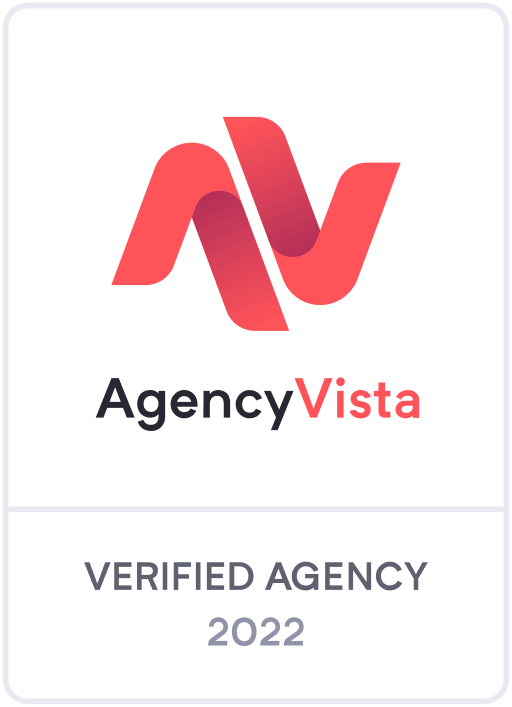The Importance of Page Load Speed for Your Law Firm Website
A Slow Loading Website Can Destroy Your Web Marketing Program
No matter how compelling the message is on your law firm’s website, you are going to have a difficult time turning potential clients into actual clients if your website pages load too slowly. When a prospect gets frustrated waiting for your page to load or cannot find you online at all due to poor rankings, they are going to go someplace else to solve their legal matter, most likely hiring one of your competitors.
Some lawyers do not want to be bothered with the technical aspects of their online presence but ignoring page load speed could be disastrous for your business. Here is what you need to know about page load speed, why it’s so critical, how you can check it, and some tips for making your site lightning fast so that you can get better results.
What Is Page Load Speed?
Simply put, page load speed is how fast the content on your law firm’s website loads. Also referred to as “page load time,” this is the time that it takes to fully display the content on one of your site’s specific pages after it gets a click.
Why Page Load Speed is Vital for Your Law Firm Website
Many law firms understandably use their website to build awareness around their brand and gather new leads from potential clients.
According to statistics collected by The National Law Review, 94% of people that need legal advice use a search engine. And 62% of legal-related searches are non-branded, meaning a client hasn’t selected an attorney but is searching for something along the lines of a “divorce attorney near me” or a “personal injury lawyer in Alabama.”
So, people are overwhelmingly looking for legal help online. But what does this have to do with the speed of your website? The important thing to understand is that page load speed matters for several reasons:
Page Speed and the User Experience
When you think about page speed, your first consideration should be the user experience. If your page loads so slowly that a visitor forgot why they were coming to check you out, they are going to hit the “back” button and contact another law firm.
If you claim to be a knowledgeable attorney that cares about the needs of its clients and then makes them work to get information from your website, you’re not sending a consistent message.
Page Speed Impacts Search Engine Optimization (SEO)
One of Google’s greatest concerns when analyzing websites is user experience, and they have designed their algorithm to reflect this. When you have a high bounce rate, a slow page slow speed, or both, Google is going to punish your site with lower search engine rankings.
This is old news. Back in 2010, Google announced that page speed was a ranking signal for desktop searches, and it became a ranking factor for mobile searches in 2018. Mobile is particularly important because now more than half of all searches take place on a mobile device. The bottom line is that your website should be as fast as possible, both on desktop and mobile.
Page Speed Drives Your Business Results
If you think about it, higher search engine rankings mean more people will see your brand and visit your website as potential leads. If your page loads too slowly, people will leave, and your bottom line results will suffer.
According to Kissmetrics, just under half (40%) of consumers will abandon a webpage that takes longer than 3 seconds to load. And only a 1-second delay in page load time can translate into a 7% reduction in leads, losing your firm valuable business.
How Can You Check Page Load Speed?
If you want a numerical value to use as a gauge, you should be aiming for a website that loads in under 3 seconds. There are a variety of tools you can use to see how fast your law firm website loads. It is a good idea to make use of several of them and test your site periodically.
A good starting point is Google’s own tool, called PageSpeed Insights. It is a free tool that analyzes your page and gives you a grade. Beyond this, it provides suggestions for ways that you can improve your page load speed.
Another tool you can try is called Pingdom. This feature-rich tool allows you to specify the page you want to test as well as some other parameters, such as the country and type of device (desktop or mobile). This tool will also give you a detailed analysis with performance insights and suggestions for your page.
Tips for Speeding Up Your Law Firm Website
As with anything else online, the way web pages load is a bit technical. But most internet users don’t have to deal with what is going on behind the scenes. While you want to inform your visitors and deliver a positive experience, some of the information you load onto your site might slow it down.
The good news is that there are a few things you can do to overcome this digital marketing Catch-22 situation. Here are some of the top ways to speed up your law firm’s website:
- Large files – Images, videos, and other large files take an eternity to load into a browser. You can address this with image compression, caching, and the use of a content delivery network (CDN).
- Plugins, apps, widgets, and themes– These items can be inefficient and slow down your page, so they should be used selectively and sparingly. Caching and minification can help improve your results.
- Slow servers– You need the right web hosting provider and type of hosting to handle your traffic.
When it comes to law firm digital marketing, there are plenty of items on your plate. Not only do you have to make sure that your website loads quickly and is easy to use, but that it also contains engaging content that will convert visitors into clients. Tackling all of this on your own is possible, but you will get better results by working with a specialist just as your clients will when they hire your firm for their legal issues.
Sundown Legal Marketing specializes in helping law firms maximize their digital marketing potential. We review your current online properties, develop a strategic plan for improvement, and execute those ideas to help you get the best results possible. Contact us today for a free assessment by calling (800) 864-1764 or reaching out to us online.




